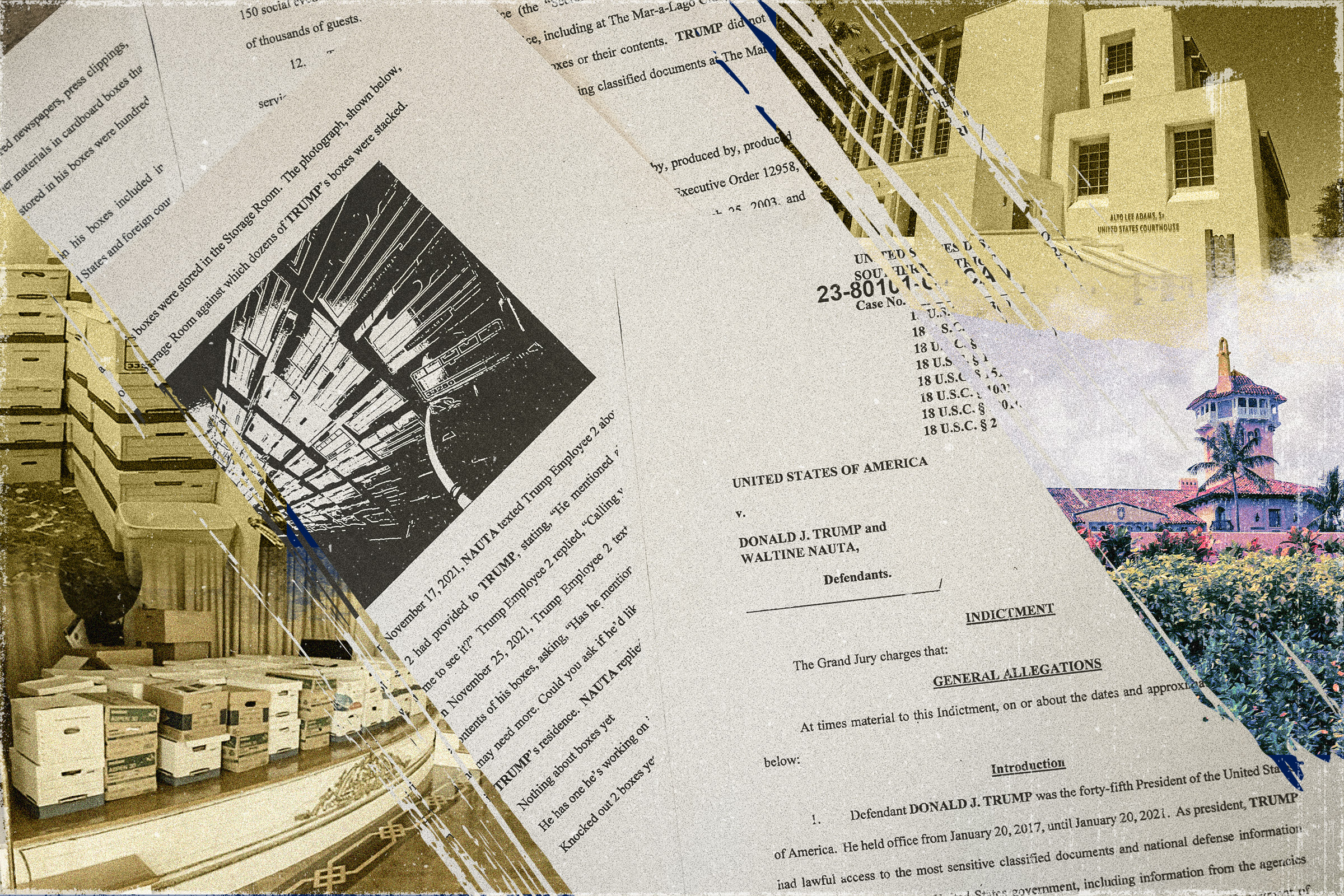U.S. District Judge Aileen Cannon dismissed the Justice Department’s classified documents case against former President Donald Trump on July 15, ruling that special counsel Jack Smith’s appointment violated two key provisions of the U.S. Constitution.
In a 93-page ruling, Judge Cannon wrote that Mr. Smith’s prosecution of the former president “breaches two structural cornerstones of our constitutional scheme—the role of Congress in the appointment of constitutional officers, and the role of Congress in authorizing expenditures by law.”










